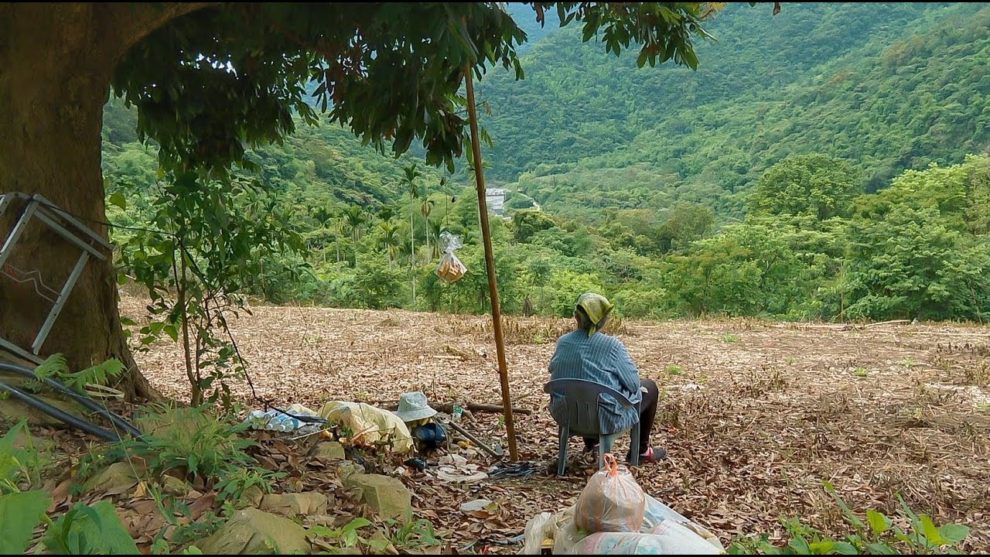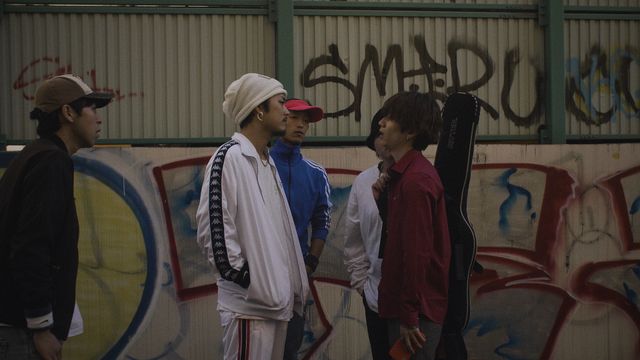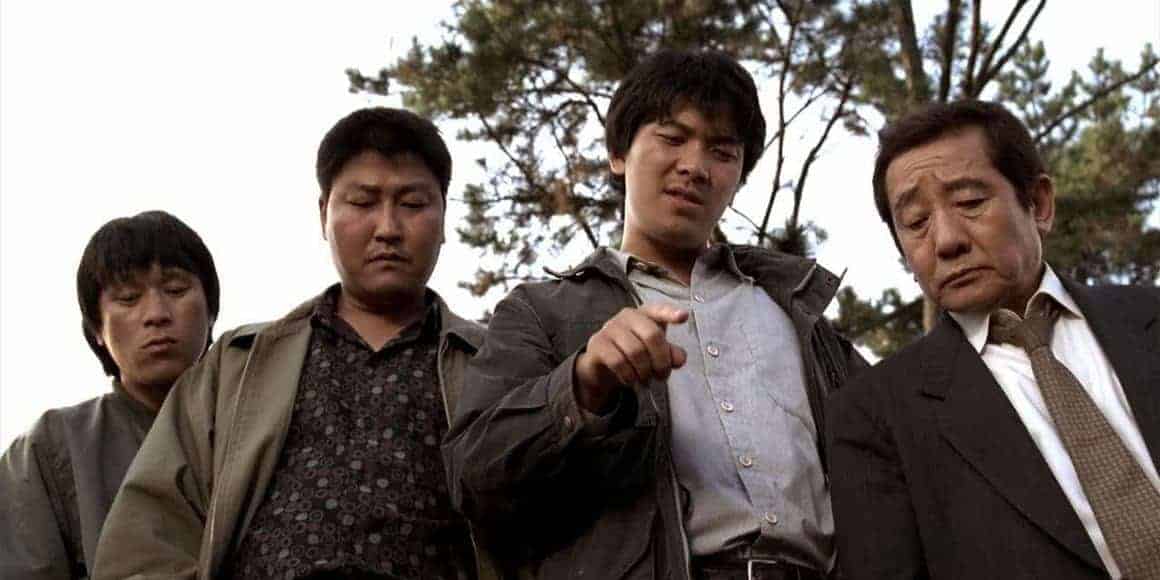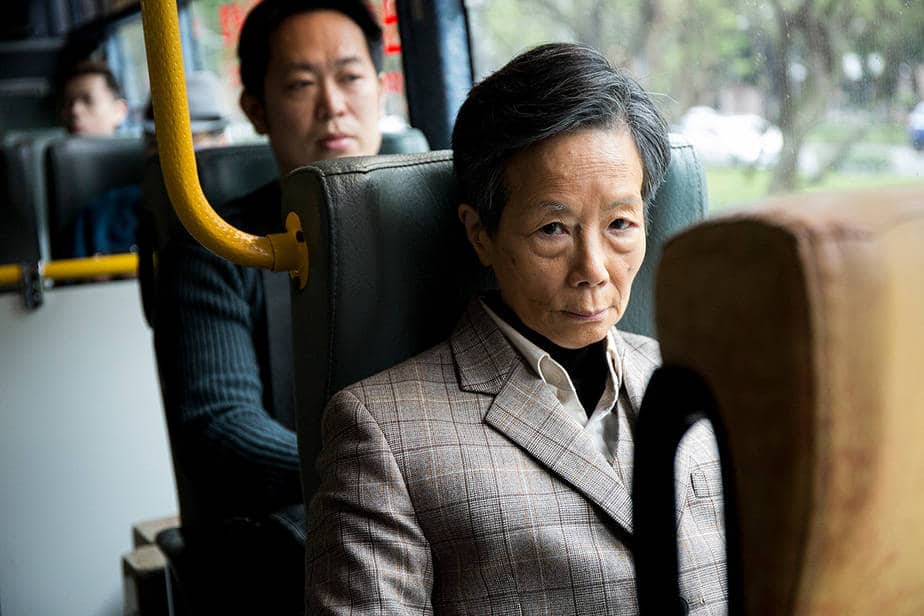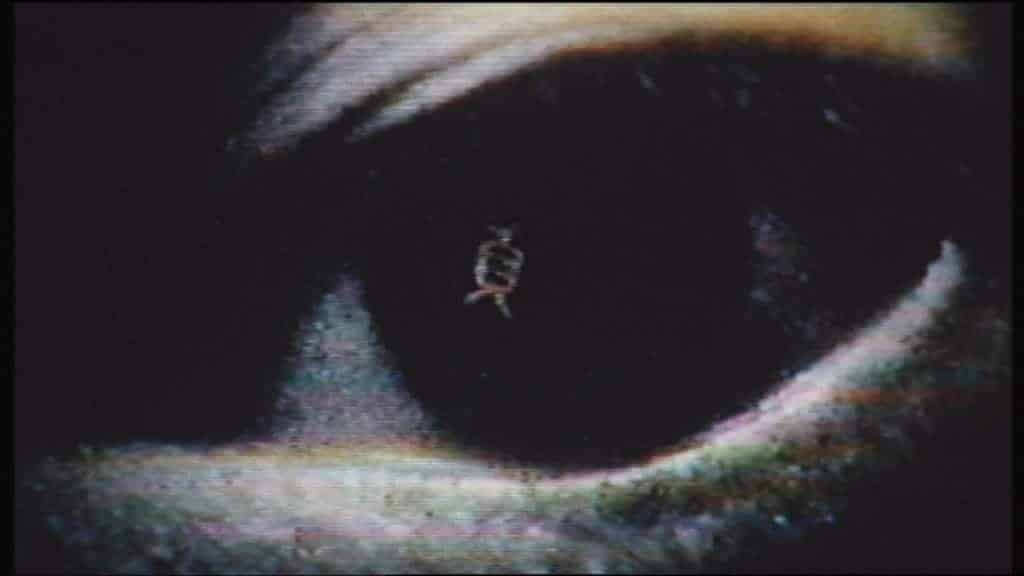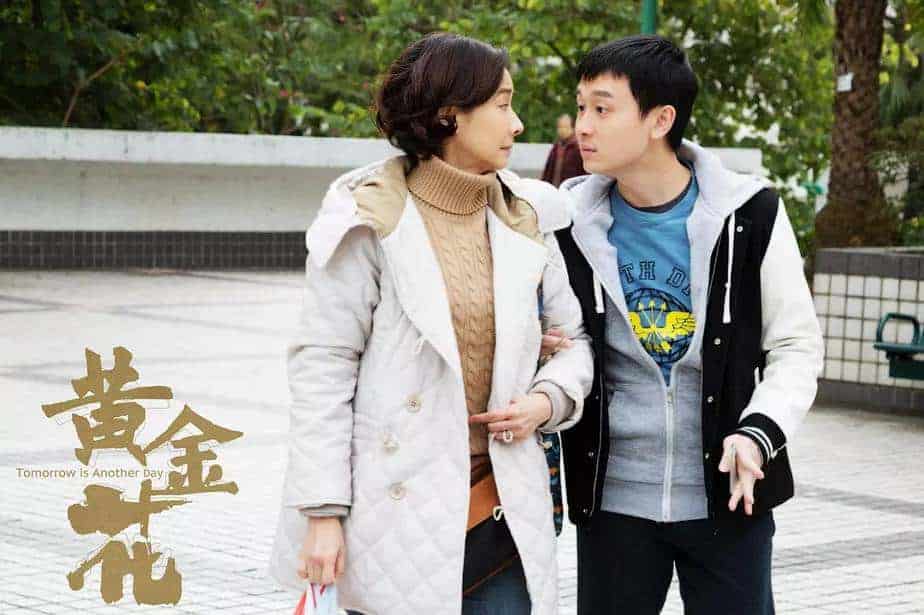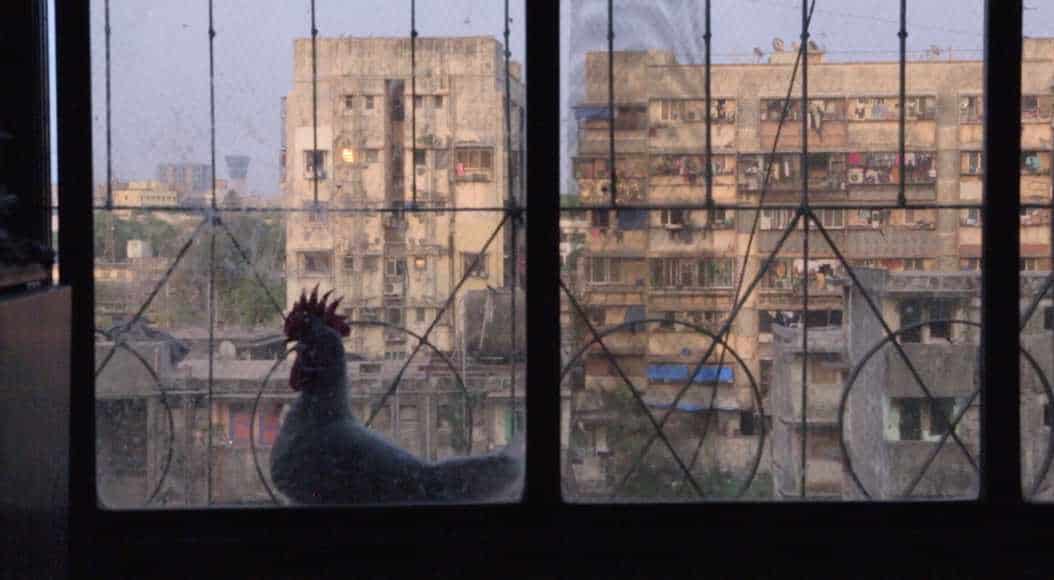The Rukai people are mainly concentrated in the southern Taiwan county of Pingtung. However, long ago, some of the Rukai headed eastward, crossing the mountains to arrive in Taitung County. They originally inhabited a place high up, known to them as Kabaliwa (卡巴里瓦). Kabaliwa is now uninhabited as the residents eventually moved downward to today's Dongxing Village, also known by its Rukai name of Taromak (達魯瑪克). Taromak is located off Provincial Highway 9 in Beinan Township of Taitung County. (source: https://en.matataiwan.com/2014/05/the-quest-for-rukai-traditions-and-roots-in-taromak)
Searching for Taromak: Land of Warriors is screening at Taiwan International Film Festival Berlin
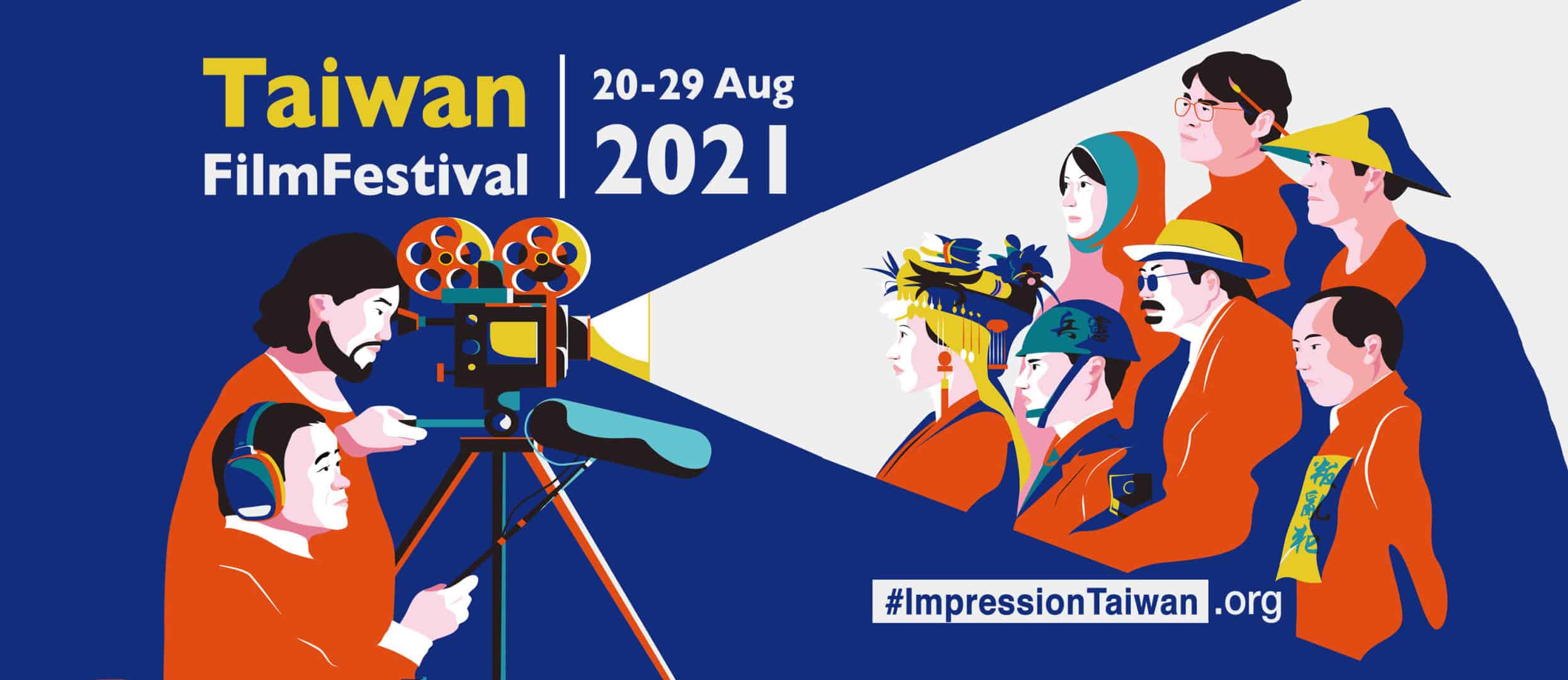
The local community has been trying to revive the ancient customs, including the tradition of the millet harvesting, and to preserve the culture and the tribal identity for years, and they have managed to do a rather good job at it, as Laio Shih-han's two years of recording in the area highlight quite eloquently. In that fashion, the documentary focuses in three axes. Presenting the tribal legacy of the Rukai people, showing how the locals have managed to reconnect to it through years of effort, and lastly, the problems the chieftain, Gu, is currently facing in order to continue the effort.
Through a combination of interviews with various locals, including the Chief Cultural Officer, a language teacher, the tribal elder, and the one in charge of printing a tribal newspaper among many others, all the three aforementioned aspects are presented in a rather thorough fashion, with Liao depicting as much as possible, without lingering unnecessarily, however, to any particular one, in a rather welcome approach.
At the same time, and in another element that adds to the narrative, the documentary also follows the yearly path of the millet harvest, highlighting both its importance to the local culture, and Gu's effort to rebuild the remains of the now lost tradition.
The presentation of the Rukai art and architecture, including the stone houses, carvings and embroidery, along with the dances and the overall tour guide the locals offer to tourists is the most visually impressive aspect of the film, with the vivid colors and the overall excellent production resulting in a number of impressive images. Particularly the various panoramic shots will definitely stay in the mind of the viewer, in a testament to the excellent cinematography of the movie.
The editing also emerges as ideal, connecting all the aforementioned elements in a way that makes the 57 minutes of the documentary as compact, thorough, and contextually rich as possible, without tiring the viewer at all.
“Searching for Taromak: Land of Warriors” is a very interesting documentary both for the presentation of this unknown culture, but also as a sociopolitical comment regarding the consequences of progress against the tradition.


